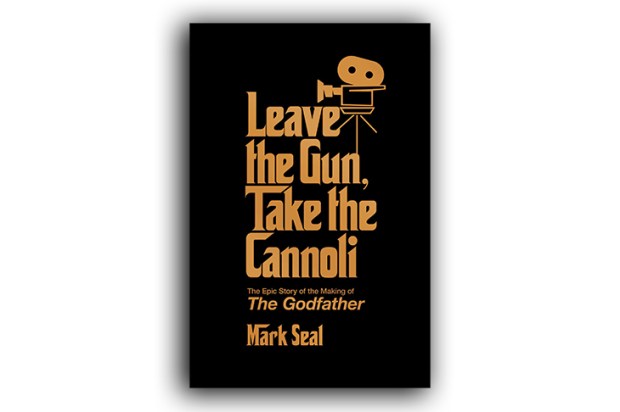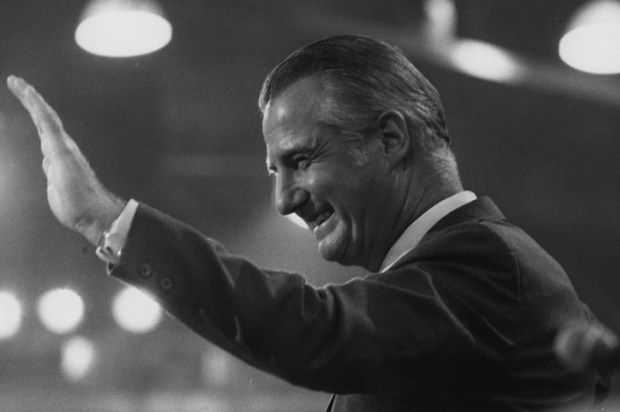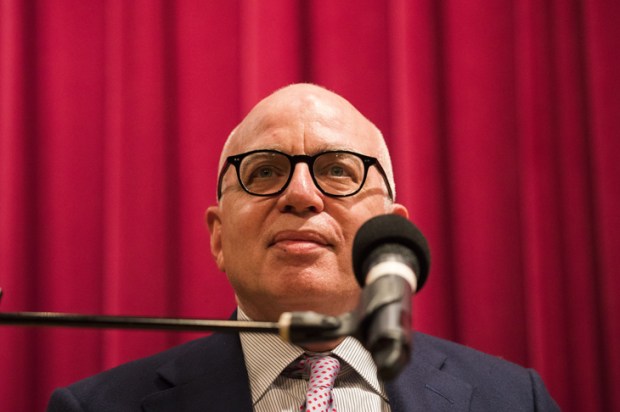Franklin Delano Roosevelt was determined to get the measure of Britain’s wartime prime minister Winston Churchill, and of Britain’s chances for survival. It was December 1940, and the President was cruising on the USS Tuscaloosa with his most trusted aide, Harry Lloyd Hopkins.
FDR was at a loss. His ambassador in London, the negative and defeatist Joseph Kennedy, had resigned. The British ambassador in Washington, Lord Lothian, had died suddenly.
At the urging of US Supreme Court Justice Felix Frankfurter and the President’s personal secretary Missy LeHand, Hopkins was appointed a Presidential envoy to London, to report directly to FDR on the progress of the war and Britain’s needs.
On 3 January 1941, the President announced the appointment, and this remarkable press conference followed:
Reporter: Does Mr. Hopkins have any special mission, Mr President?
FDR: No, no, no!
Reporter: Any title?
FDR: No, no!
Reporter: Mr President, is it safe to say Mr Hopkins will not be the next ambassador?
FDR: You know Harry isn’t strong enough for that job…
Reporter: Will anyone accompany
Mr Hopkins?
FDR: No. And he will have no powers.
Reporter: Will he have any mission
to perform?
FDR: No; you can’t get anything exciting. (Laughter) He’s just going over to say ‘How do you do?’ to a lot of my friends! (Laughter)
So much for scrutiny of Presidential decisions.
Michael Fullilove, executive director of the Lowy Institute in Sydney, has written an outstanding book, marked by insight and irony. He traces Roosevelt’s use of five personal envoys to construct American policy on the European war; to shape US defence preparedness and to influence American opinion to a point where it was inevitable that the Republic would enter the second world war on the side of the democracies.
Roosevelt’s personal envoys included Sumner Welles, Under Secretary of State and a polished diplomat who impressed while irritating the British Foreign Office with his manners and poise, and Colonel ‘Wild Bill’ Donovan, a heroic figure from Pershing’s army of the first world war who deployed his formidable military relationships to good order in building the case for American support for the British war effort. A Republican, it was Donovan who coined the phrase that the President needed to send to Europe envoys of the fashion of ‘useful’ Colonel Houses, a reference to Woodrow Wilson’s legendary political and strategic adviser from the first world war and Versailles, Colonel Edward M. House, whom FDR admired.
But rising above all the plenipotentiaries, Harry Hopkins stands unchallenged as Roosevelt’s most influential and persuasive adviser. When Hopkins spoke, people understood that he was speaking directly for FDR. It was his charming personality, within a frail and sickly body, that opened relations with wartime leaders as different as Churchill and Stalin. In Hopkins’ world, trust was mutual. Not only did Hopkins convince the British that the US would stand with them, the Soviets were impressed by the fact that after Operation Barbarossa began in June 1941, Hopkins endured the dangerous flight from Scotland to Archangel and then on to Moscow to speak directly with Stalin and the Soviet military leadership.
Averell Harriman, the Republican banker turned Democrat, proved to be a most able facilitator of Lend Lease supplies to the UK, while romancing the British Prime Minister’s daughter-in-law, Pamela. Like Hopkins, Harriman served the American Republic well in both London and Moscow. However, unlike his mentor Hopkins, Harriman was not usually possessed of wit and presence. Robert Dallek observed brilliantly: ‘For a dull man, he led an extraordinary life.’
Perhaps the most interesting of Roosevelt’s envoys was Wendell Willkie, a liberal Democrat turned Republican who had been FDR’s opponent in November 1940. Willkie was warmly received in wartime London, travelling on public transport, visiting the underground shelters and inspecting bomb damage at Temple Court. The British public were won over. Willkie’s support of Britain at war further eroded the reality of American isolationism.
As Fullilove makes clear, FDR had a domestic fight on his hands through 1940 and 1941, not only from the fascists of the German American Bund but from the America Firsters, cheering on Colonel Charles Lindbergh. It was also to be found in the editorials of the Chicago Tribune and other isolationist publications. And it was present in Congress, across the aisle.
FDR manoeuvred skilfully, consistently arguing that backing the democracies and then the Soviets kept America out of the war. From bases for the US in return for destroyers to Britain, the introduction of the draft for the American military, to Lend Lease and ultimately to the US Navy convoying wartime shipping in the Atlantic, FDR took America to the point where entering the war was merely a matter of time. Japan telescoped this process with its stupid and dishonourable attack on Pearl Harbor.
FDR had an insatiable appetite for first-hand information. His use of personal envoys to Britain and the USSR merely underlines this personal characteristic. Perhaps it was his lack of mobility that caused him to rely upon his personal ambassadors so heavily. True, too, that he distrusted the US State Department and its ‘striped trousers’ brigade. Surprising then that the immaculately attired Sumner Welles enjoyed his confidence.
Roosevelt’s strategy worked. The US moved inexorably from isolationism to belligerence amid shifting public opinion. Contrary to some accounts, FDR often led opinion, as best in evidence when he campaigned for the introduction of selective service.
Fullilove writes superbly, weaving an intriguing Australian role into his narrative. This book has been long in gestation but it provides a final piece in the mosaic of American diplomacy on the eve of the second world war, when the conflict became global and the US a global power.
Got something to add? Join the discussion and comment below.
Get 10 issues for just $10
Subscribe to The Spectator Australia today for the next 10 magazine issues, plus full online access, for just $10.
You might disagree with half of it, but you’ll enjoy reading all of it. Try your first month for free, then just $2 a week for the remainder of your first year.












Comments
Don't miss out
Join the conversation with other Spectator Australia readers. Subscribe to leave a comment.
SUBSCRIBEAlready a subscriber? Log in